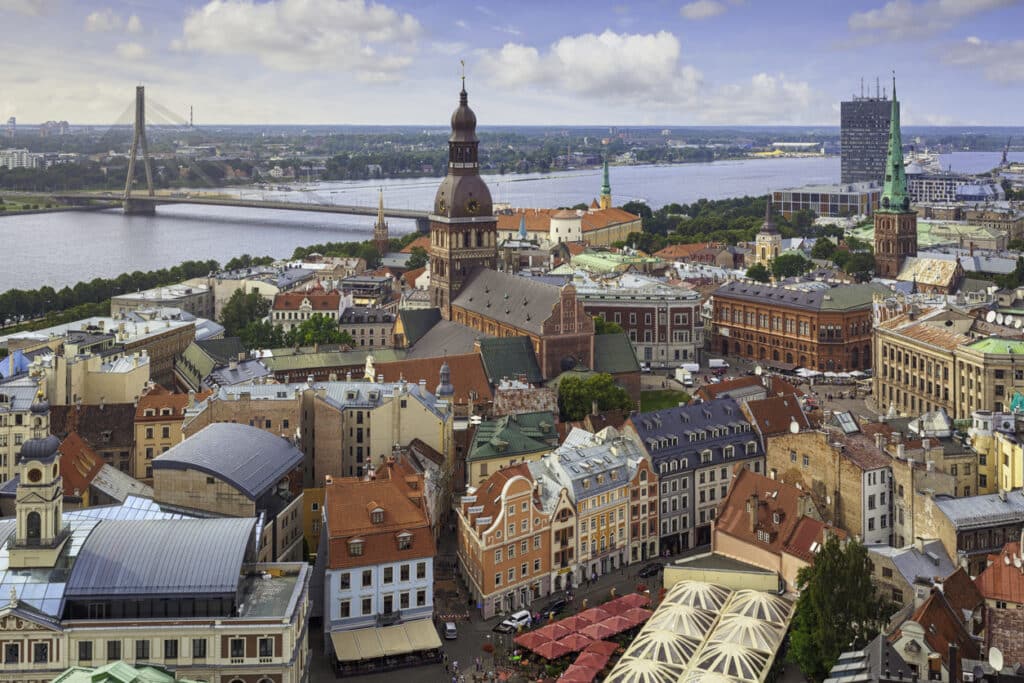In response to a Europe-wide campaign, Latvia has become the first EU country to include climate-related violations in its proposed whistleblower protection law.
Climate violations were absent from Latvia’s first draft law released last spring. Following a series of calls and e-mails to the Justice Ministry, Parliament members and other public officials, “climate change” was added to the whistleblower bill. The ongoing campaign is being led by the anti-corruption groups National Whistleblower Center in Washington, DC, and the Berlin-based European Center for Whistleblower Rights and Whistleblowing International.
Due to the successful campaign, the list of offenses in the proposal now includes “threats to environmental safety, including actions affecting climate change.” The groups are urging Parliament members to preserve this provision.
What this means is that employees who report evidence of harm to the climate – including employees of fossil fuel, energy and manufacturing companies – would be legally protected from retaliation and entitled to compensation if they are victimized. Critically, the proposal also would protect employees who report climate violations directly to the public or the media under certain circumstances.
“Whistleblowers are uniquely positioned to report violations of climate laws and policies,” said Stephen M. Kohn, founding partner of the whistleblower rights law firm Kohn, Kohn & Colapinto, LLP. “These laws are often quite technical and subject-matter specific, requiring advanced expertise that insider whistleblowers possess. Only insider whistleblowers can know about and expose the full extent of the wrongdoing.”
“Ensuring that insiders they know they are protected,” Kohn said, “is the first step in emboldening them to step out of the shadows and shed light on illegal activities that threaten the very existence of our habitable world.”
Latvia’s Cabinet of Ministers approved the final draft Law on Whistleblowing on September 21 and sent the measure to Parliament. Officials say they expect lawmakers to pass the legislation before the December 17 deadline to comply with new EU rules.
The Cabinet went far beyond EU rules to cover reports of any violation that is “detrimental to the public interest in any area,” according to DataGuidance. The Cabinet also said small businesses working in the field of environmental protection would be required to set up an internal reporting system.
Latvia also is improving online access for citizens. “Whistleblowing should not only be safe, but also convenient and modern,” said Inese Kušķe, a State Chancellery official who co-authored the whistleblower proposal. “We are committed to making it easier for citizens to submit reports remotely.”
Latvia, which passed its first whistleblower protection law in 2018, already has two online reporting tools: a highly user-friendly whistleblowing portal (https://www.trauksmescelejs.lv) and the main public administration site (https://www.latvija.lv).
Despite these efforts, Latvia seems to have gotten off to a slow start. From May to December 2019 only five people were advised on whistleblower matters, according to the State Chancellery’s 2020 annual report. Among their complaints were dismissal, involuntary transferred and bullying at work. Two requests for retaliation protection were denied and one was still pending. At the time the report was released, Latvian courts had not yet ruled on the merits of any retaliation case, and judges had not yet provided a “broader analysis” on protection.
